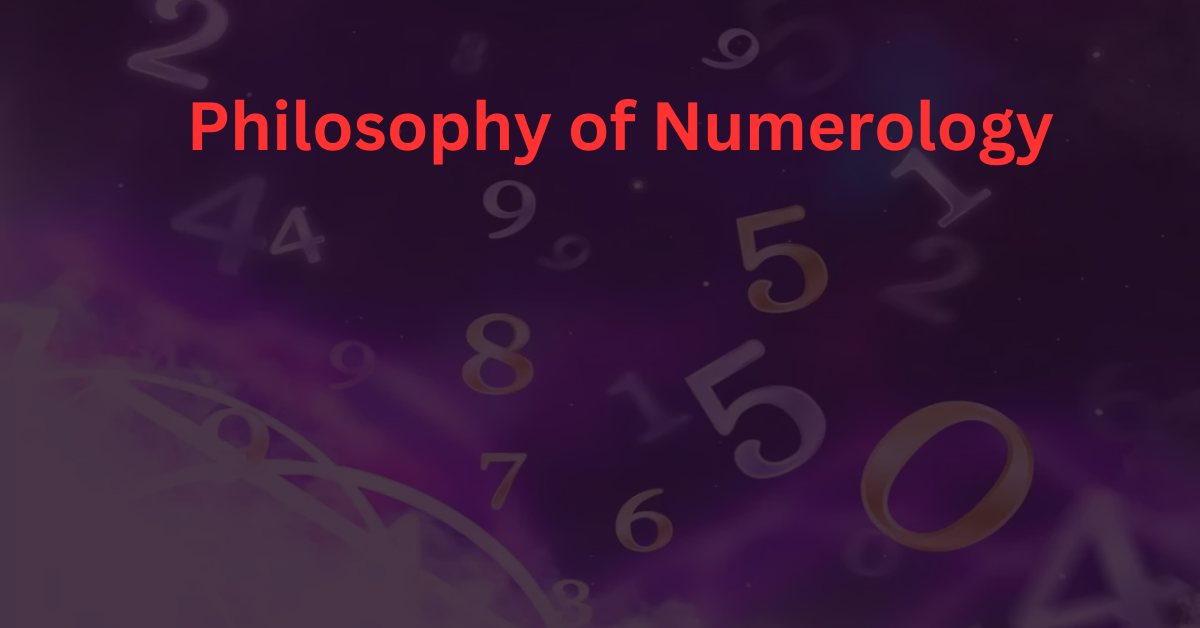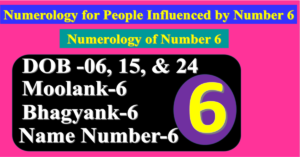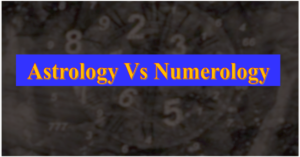Philosophy of Numerology
The way each civilisation and society has interpreted numbers has been different, according to collective levels of awareness at that point in history. As a culture’s perspective shifts and changes, so a new understanding of life is gained via these nine numbers. Wisdom gathered from this process can then be applied accordingly. Numerology holds that every time a person looks at a number, the subconscious absorbs that number’s wisdom, and a little more truth is extracted from the database of information that is contained within human beings. Learning qualities which relate to each number guides people towards wisdom, but the mind acts as the catalyst. By revealing their simple truths, numbers can help individuals to know themselves better.
Numerology is a belief system that ascribes mystical and esoteric meanings to numbers and their influence on human life. It is often considered a form of divination or pseudoscience. The philosophy of numerology is rooted in the idea that numbers possess inherent qualities and vibrations that can influence various aspects of our existence.
Here are some key principles of the philosophy of numerology:
Unity and Oneness: Numerology often emphasizes the concept of unity and oneness. The idea is that all numbers can be reduced to a single digit, highlighting the interconnectedness of everything in the universe. This reduction is seen as a way to distill the essence or vibration of a number.
Single Digit Reduction: In numerology, all numbers are reduced to a single digit (except for the “master numbers” 11, 22, and 33), by adding the individual digits together. For example, the number 26 would be reduced to 2 + 6 = 8.
Core Numbers: Numerologists often focus on several core numbers derived from an individual’s birthdate and name. These include the Life Path Number, Expression Number, Soul Urge Number, and others. Each of these numbers is believed to represent different aspects of a person’s personality, strengths, challenges, and life path.
Meaning of Numbers: Numerology attributes specific meanings to each number. For instance, in traditional numerology, the number 1 is associated with leadership and independence, 2 with cooperation and balance, and so on.
Master Numbers: Some numbers, such as 11, 22, and 33, are considered master numbers and are not reduced to a single digit. These master numbers are thought to carry a higher level of spiritual significance and potential.
Synchronicity and Patterns: Numerologists often interpret repeated occurrences of certain numbers as meaningful messages or signs from the universe. This is akin to the concept of synchronicity, where events and numbers are believed to be connected beyond mere coincidence.
It’s important to note that numerology lacks empirical scientific support, and its principles are based on metaphysical and mystical beliefs. While some people find personal meaning and guidance in numerology, others may view it as a form of entertainment rather than a serious method for understanding life’s intricacies.
Personal and Universal Vibrations: Numerology suggests that numbers have both personal and universal vibrations. Personal vibrations are derived from an individual’s birthdate and name, while universal vibrations apply to the broader energy associated with specific numbers.




